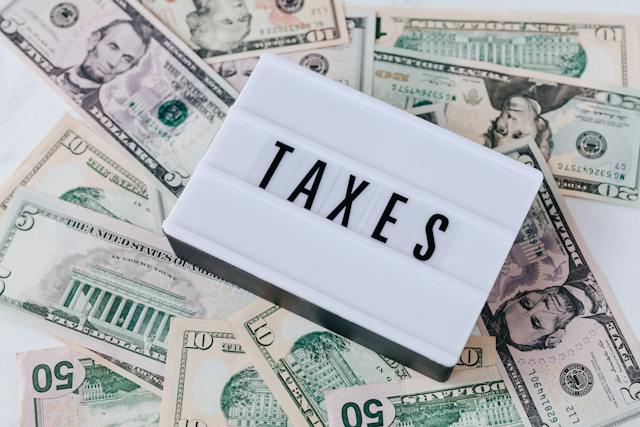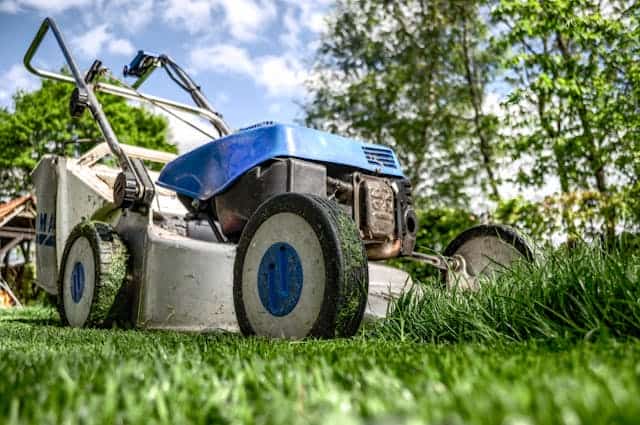Things Landlords Should Be Doing Every Year But Probably Aren’t
Key Takeaways
- A once-a-year tune-up for your rental, like inspections, lease reviews, and rent pricing, can help keep things running smoothly.
- Staying on top of maintenance, vendor quality, and curb appeal shows tenants you care and helps protect your investment.
- Behind-the-scenes updates like insurance, tax records, and contact info are just as important as what’s happening on-site.
- Want expert support? California Realty Group offers the tools, systems, and experience to help streamline your rental operations.
Owning rental property involves a year-round responsibility that requires strategic planning, consistent maintenance, and clear communication. While many landlords stay on top of obvious tasks like renewing leases or addressing emergency repairs, there are many important responsibilities that often fall through the cracks.
Over time, overlooking these can lead to bigger financial, legal, and operational problems. This blog post, written by the team at California Realty Group, outlines an annual checklist that may reveal some tasks you’ve been missing if you’re looking to improve your rental business.
1. Conduct a Full Property Inspection
Many landlords only inspect their properties when something goes wrong or when a tenant moves out. However, performing a thorough, scheduled inspection at least once a year is essential for long-term property health.
This gives you a chance to spot wear and tear, check appliances, evaluate plumbing and electrical systems, and ensure safety features like smoke detectors and carbon monoxide alarms are working properly. Catching issues early can save money and prevent tenant dissatisfaction down the line.
2. Refresh the Lease Agreement
Leases aren’t just paperwork, they’re the foundation of your landlord-tenant relationship. If you’ve been using the same rental agreement for several years, it’s worth revisiting. Laws and local ordinances change. For instance, new state regulations may impact rules on rent increases, pet policies, or notice periods.
Additionally, you might want to revise clauses based on past experiences, such as clarifying responsibilities for lawn care or trash removal. Updating your lease helps protect your legal standing and minimizes confusion.
3. Review Your Rent Pricing
Is your rent still competitive? The rental market fluctuates constantly due to local economic trends, housing demand, and neighborhood development. Setting your rent too low can eat into your profits, while setting it too high might result in vacancies.
Once a year, compare your rates to similar properties in your area. Factor in property improvements, local amenities, and inflation. Strategic rent adjustments, along with good communication, can help maximize returns without alienating residents.
4. Deep Clean Common and Interior Areas
If you manage multi-family properties or units with shared spaces, an annual deep cleaning is a must. Even in single-family homes, areas like carpets, windows, and vents accumulate dust and grime over time.
Deep cleaning not only improves the appearance of your property but also extends the life of fixtures and systems. Plus, it sends a message to your tenants that you care about maintaining a healthy and pleasant living environment.
5. Check for Pest Activity
Pests can go undetected until they become a serious infestation. Termites, rodents, and cockroaches often hide in unseen areas, especially during the colder months. Scheduling an annual inspection from a pest control professional can help you catch early signs and prevent damage.
Preventative treatments may cost a little up front, but they’re significantly cheaper than replacing flooring or drywall affected by pests.
6. Reevaluate Your Insurance Coverage
As your property value changes and local risks shift, so should your insurance coverage. Many landlords purchase a policy when they first acquire a property and never revisit it. But your insurance should reflect current replacement costs, liability needs, and any updates you’ve made to the property.
For example, if you’ve added new appliances or installed security systems, these changes could qualify you for a lower premium or additional protection. Take time once a year to meet with your insurance provider and ensure you’re neither underinsured nor overpaying.
7. Update Tenant Contact and Emergency Information
People change phone numbers and email addresses more frequently than you might expect. If there’s ever a repair emergency or urgent announcement, having up-to-date contact information for each tenant is essential.
At least once a year, verify that all tenant details are accurate and current. This includes not just phone and email, but also emergency contacts in case something happens.
8. Check for Tax Deductions and Prepare Financial Records
Waiting until tax season to organize your documents is a recipe for stress. Instead, review your financial records and property expenses annually, ideally every quarter, but minimally once a year. This gives you time to identify missed deductions, categorize expenses properly, and fix any bookkeeping errors.
Common deductions include repairs, utilities, mortgage interest, and depreciation. Keeping your records current makes tax filing smoother and helps you track your business performance more clearly.
9. Service HVAC and Major Systems
HVAC systems are among the most expensive to repair or replace, and they require regular attention. An annual service check can keep your heating and cooling systems running efficiently, help lower utility costs, and prevent breakdowns during peak seasons.
The same goes for water heaters, sump pumps, and other critical systems. Scheduling maintenance before residents start noticing issues is not only smart—it’s good business.
10. Reassess Your Vendors and Contractors
From landscapers and cleaners to plumbers and electricians, you likely rely on a network of service providers. But are they still giving you the best value?
Every year, it’s wise to review the quality of their work, their reliability, and their pricing. If you’ve had problems or notice rates creeping up without service improvements, don’t be afraid to explore other options. A little research could lead to better service at a lower cost.
11. Evaluate Curb Appeal and Exterior Conditions
Curb appeal isn’t just for attracting new tenants. It also affects how current tenants feel about their home. Once a year, take a walk around your property as if you were a prospective renter. Look at the paint, landscaping, walkways, lighting, and signage.
Fix cracked paths, trim overgrown shrubs, replace worn-out address numbers, and consider repainting where needed. Small exterior upgrades can leave a lasting impression and help retain quality residents.
12. Stay Educated on Local Laws and Market Trends
Real estate is an ever-changing industry. Local ordinances, zoning rules, tenant rights, and fair housing regulations may shift from year to year. Setting aside time annually to read up on local legislation or attend a landlord seminar can help keep you compliant and prepared.
Additionally, keeping tabs on economic trends can guide your decisions on when to expand, renovate, or scale back.
13. Consider a Property Management Partner
If you find yourself struggling to keep up with all of these annual responsibilities, you’re not alone. Many landlords start out managing their properties solo, only to discover the time commitment and stress involved. Partnering with a professional property management company like California Realty Group can ease things significantly.
We handle maintenance, tenant communication, legal compliance, rent collection, marketing, and more. Most importantly, we bring systems and experience that can help you operate more efficiently and avoid costly mistakes. For landlords managing multiple units or properties across different locations, a property manager can be a game-changer.
Talk to a Property Management Expert
Final Thoughts
Being a landlord is a long-term commitment, and success comes from consistent care and proactive planning. Annual tasks like inspections, financial reviews, and property improvements may seem small on their own, but together, they shape the profitability and sustainability of your rental business.
By keeping up with these yearly responsibilities and getting professional support when needed, you protect your investment, build trust with residents, and grow a thriving rental operation. Partner with California Realty Group for a smooth rental experience. Contact us today to get started!





